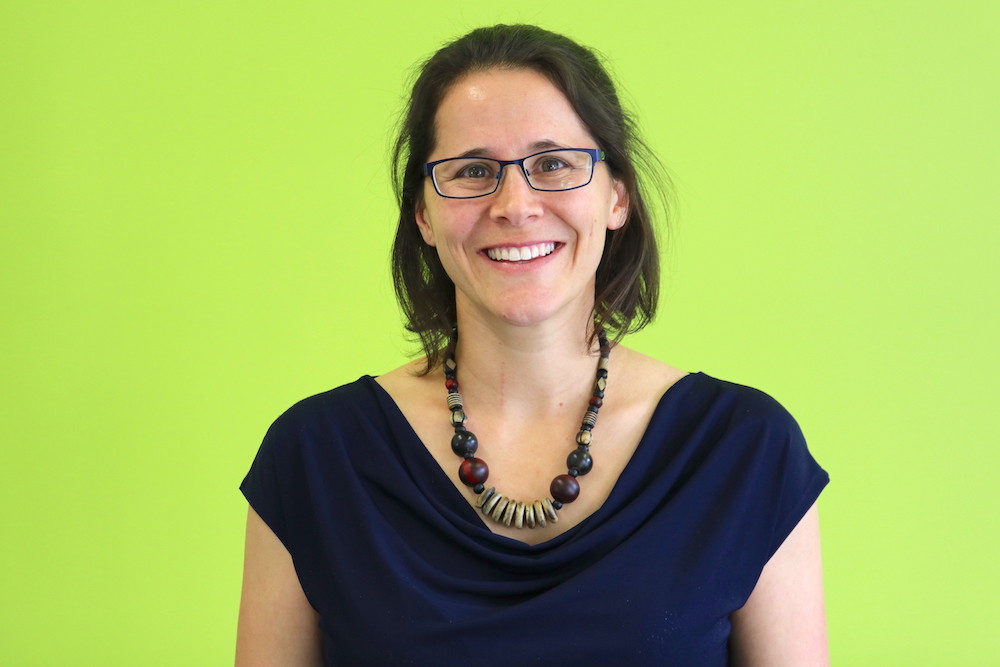Community Connections
A woman's place … is wherever she wants
This year, the theme of International Women’s Day is #ChooseToChallenge.
At the University of Canberra, we celebrate the remarkable women of our community who rise up to meet challenges – and challenge the status quo – every day.
Meet just some of our amazing women researchers at UC, as they reflect on their current journeys and future hopes.
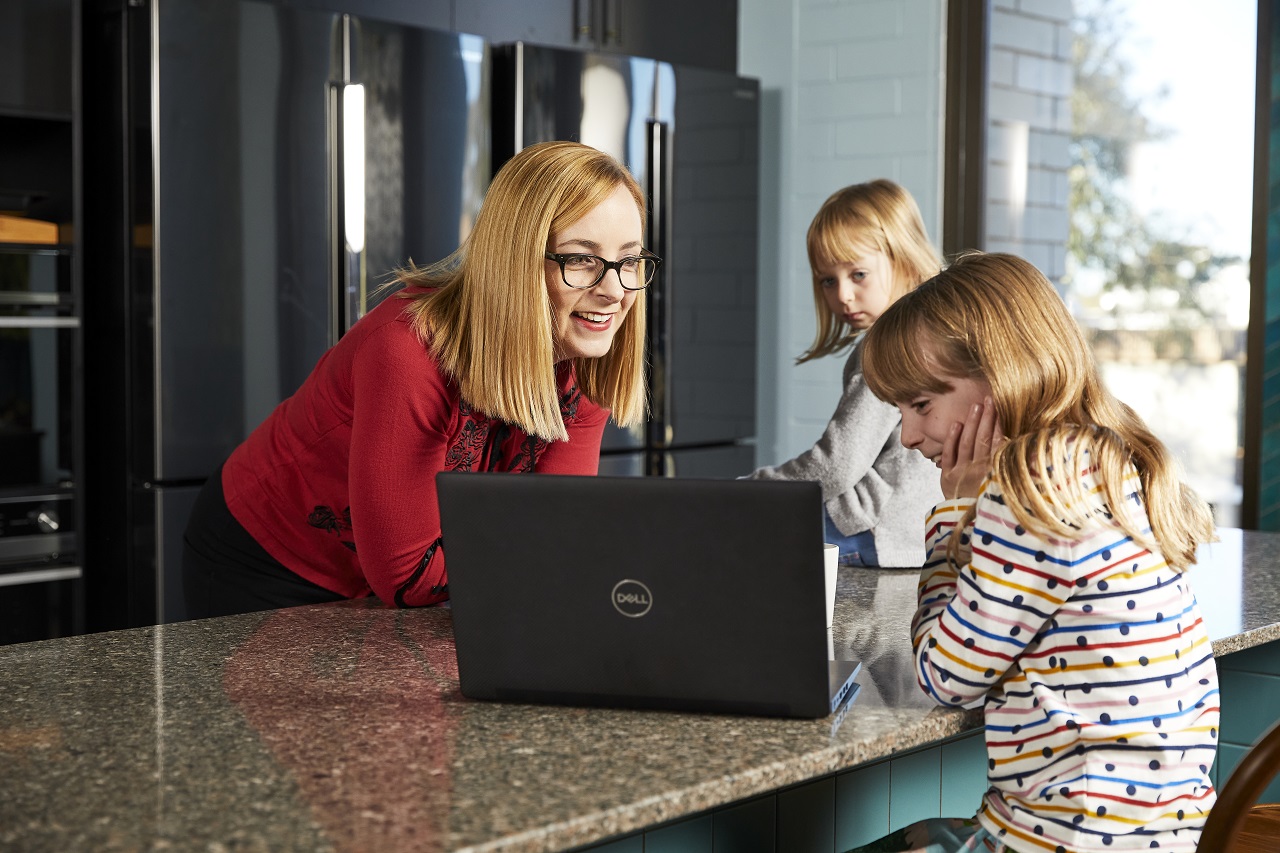
Dr Catherine Page Jeffery
Lecturer in Communication and Media, Faculty of Arts and Design
I’ve long had an interest in media, communication and technology.
Before commencing my PhD, I worked in media regulation and in Information and Communications Technology (ICT) research. When I had children, my interests – and experience – extended to parenting. My research reflects and combines these broad interests and experiences.
I hope that through my research activities I’m able to bring about positive outcomes for parents and families grappling with the challenges of digital media. I want to do this by making my research accessible to the people that will benefit from it – through publishing in more accessible outlets, contributing to public policy, and working directly with families.
Throughout my career, I’ve always admired women who have experienced extraordinarily difficult and tragic situations and worked to bring about change – think Grace Tame and Rosie Batty.
The advice I would give to any young girl is the same, regardless of whether she wants to follow in my footsteps or not, and it’s some of the same advice that I give to my daughters.
First, don’t assume that someone knows more than you just because they talk more often and more loudly.
Second, choose your life partner very, very carefully (or not at all – which is fine too).
And third, if you want to excel at something, you have to work hard at it. It takes time and effort. Things don’t magically happen just because you want them to.
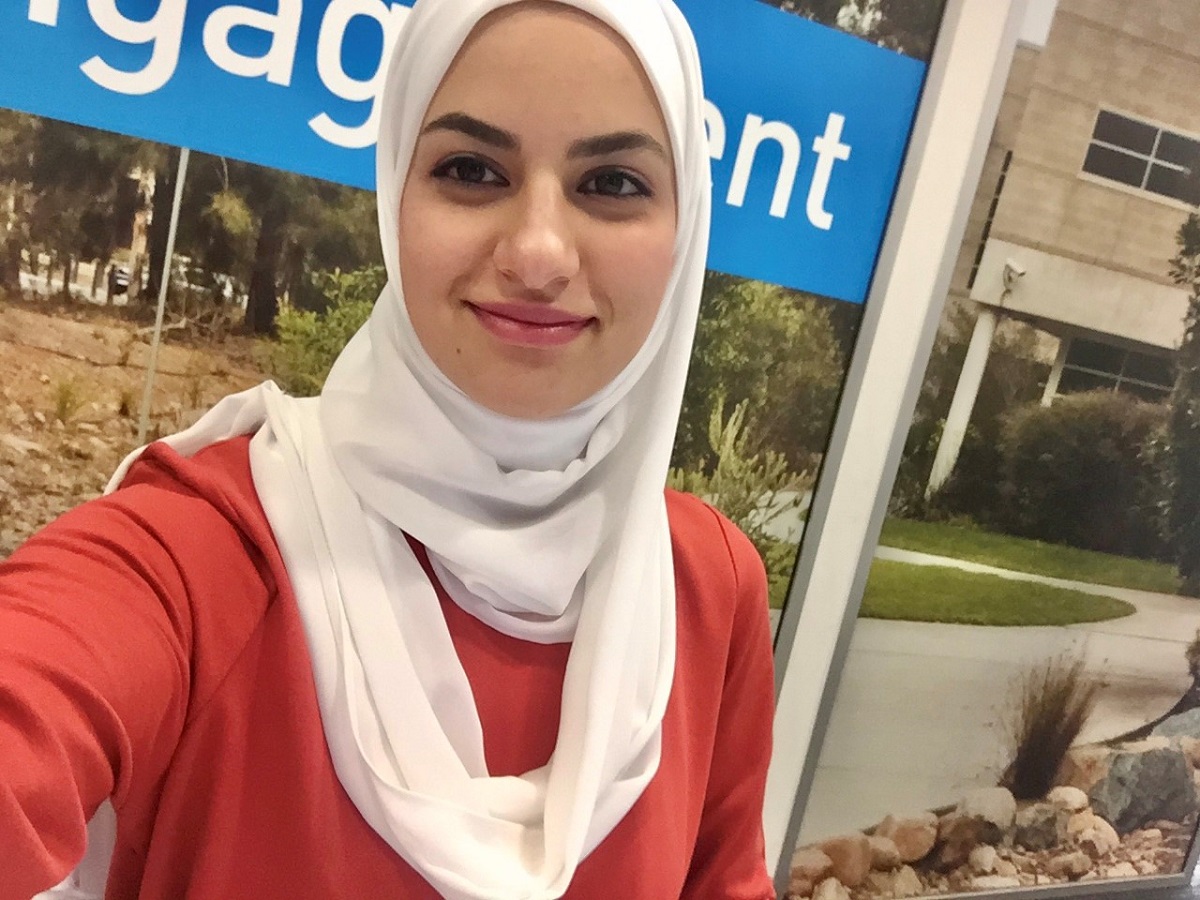
Dua'a Ahmad
Researcher, Faculty of Science and Technology
I grew up on a University campus where my father used to teach. I loved the diversity and how everyone was culturally aware and just nice – I wanted to be part of that. Since I was little, my dream was to finish my PhD in engineering … and I am on the way to making that dream come true.
I wanted to be a little different from the stereotypes of women in my culture – I wanted to be independent even after being in a relationship and having children.
I believe that a large part of research in any field is about self-discovery. I became a researcher thinking I would change the world and make it a better place – little did I know it was more about changing myself.
You learn that you are capable of much more than you think – a lot of credit goes to my supervisor for showing me that anything is possible once I put my mind to it. I hope that one day I get to guide students, and witness them discover what they are capable of – I feel like it would be such an honour to see that.
Currently my main role models are my supervisors, parents, and husband – they are living examples of all that is possible. I also could not have done any of my work without their support.
I care about being the best version of myself, and to be an example for my daughter, so that she can believe in herself in any situation.
I think if I had any advice for young people thinking of entering academia, it would be to take the time to know or discover what you really want. Never compare yourself to anyone, but set your own path, and show others what is possible.
Dr Ilyse Resnick
Assistant Professor of Learning Sciences (Cognition), Faculty of Education
I joined the University of Canberra in 2019, moving from the United States, to continue the research I had and am still doing on how people reason about complex numerical and spatial relations.
Basically, people undertake very complex spatial reasoning skills in everyday tasks – for example, navigating to a location (like IKEA) and then loading everything you bought (like a set of IKEA boxes) into the back of your car.
Across my career, I have carried out lab and classroom-based studies to examine what kinds of spatial reasoning skills are used in STEM and how to support them in STEM education, working with preschool kids to adults. This feeds into one of the major findings in my field, which is that spatial reasoning is the largest predictor of entering and excelling in STEM.
I have worked with adults down to preschool.
Right now, a lot of what I am doing at ELSA (Early Learning STEM Australia), is engaging the preschoolers in spatial reasoning games, and looking to discover if that supports their STEM practices.
We aren’t thinking about the individual disciplines in STEM, but the ideas, values, and methods that span them all, and I have data that shows engagement in spatial games directly translates to math achievement.
Good research leads to better research questions, so I don’t think I will come to an end in my research, where I feel I’ve reached the pinnacle, or I have done what I set out to do.
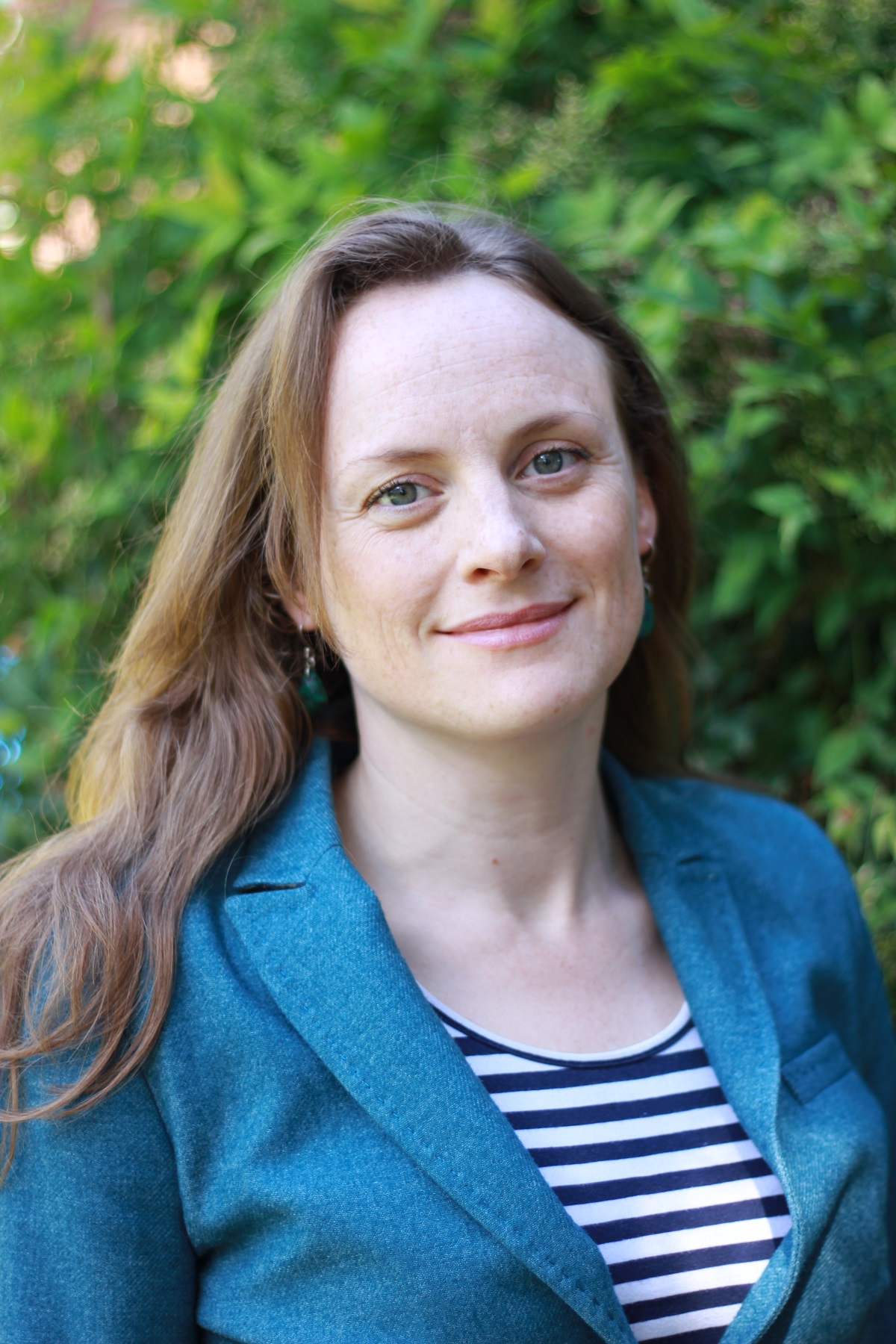
Dr Joanne Bennett
Postdoctoral Research Fellow in Biodiversity Responses, Faculty of Science and Technology
I’ve always cared about and enjoyed nature – I was born in the UK, and the idea of coming to Australia to do my undergraduate degree was appealing because of all the wildness here.
As an ecologist, my research centres on how anthropogenic change – primarily climate and land-use change – influences species distributions, subsequent impacts on species interactions, and ecosystems in turn. I am particularly passionate about the conservation of Australia’s unique habitats.
In my current position at UC, I have the opportunity to contribute to applied management decisions in the iconic Murray-Darling basin, by leading a project looking to characterise, identify and prioritise climate refuge habitat as part of the FLOW-MER program.
Several career highlights come to mind: my global datasets GlobTherm and GloPL were published in Nature Scientific Data, which lead to two manuscripts published in Nature Communications, one teasing apart the mechanisms that determine how species’ thermal limits have evolved and the other showing how land-use intensity affects plant reproduction in relation to pollination. I was invited to write about the process behind the GlobTherm and GloPL projects for Nature Ecology and Evolution.
I helped my first Higher Degree by Research (HDR) student complete her master’s degree and submit her first article; was part of the team behind a postgraduate summer school on plant-pollinator interactions; and I’m an Assistant Editor for the Journal of Animal Ecology.
My postgraduate research was a large field study into how the spatio-temporal distribution of vegetation and avian assemblages was affected by climate and land use change. I surveyed bird and vegetation communities on over 120 long-term field sites, spending two years collecting data – finishing that and completing my PhD in good time was a big achievement for me!
I have a young family, and I like going on walks and appreciating nature with my toddler. She sees things with fresh eyes and is fascinated by things I now take for granted, because I see them every day.
I look up to all the women who have come before me, who have had successful careers in academia and have done it all, with young families. These are few and far between, but they most reflect my situation and make me feel like it is all possible.
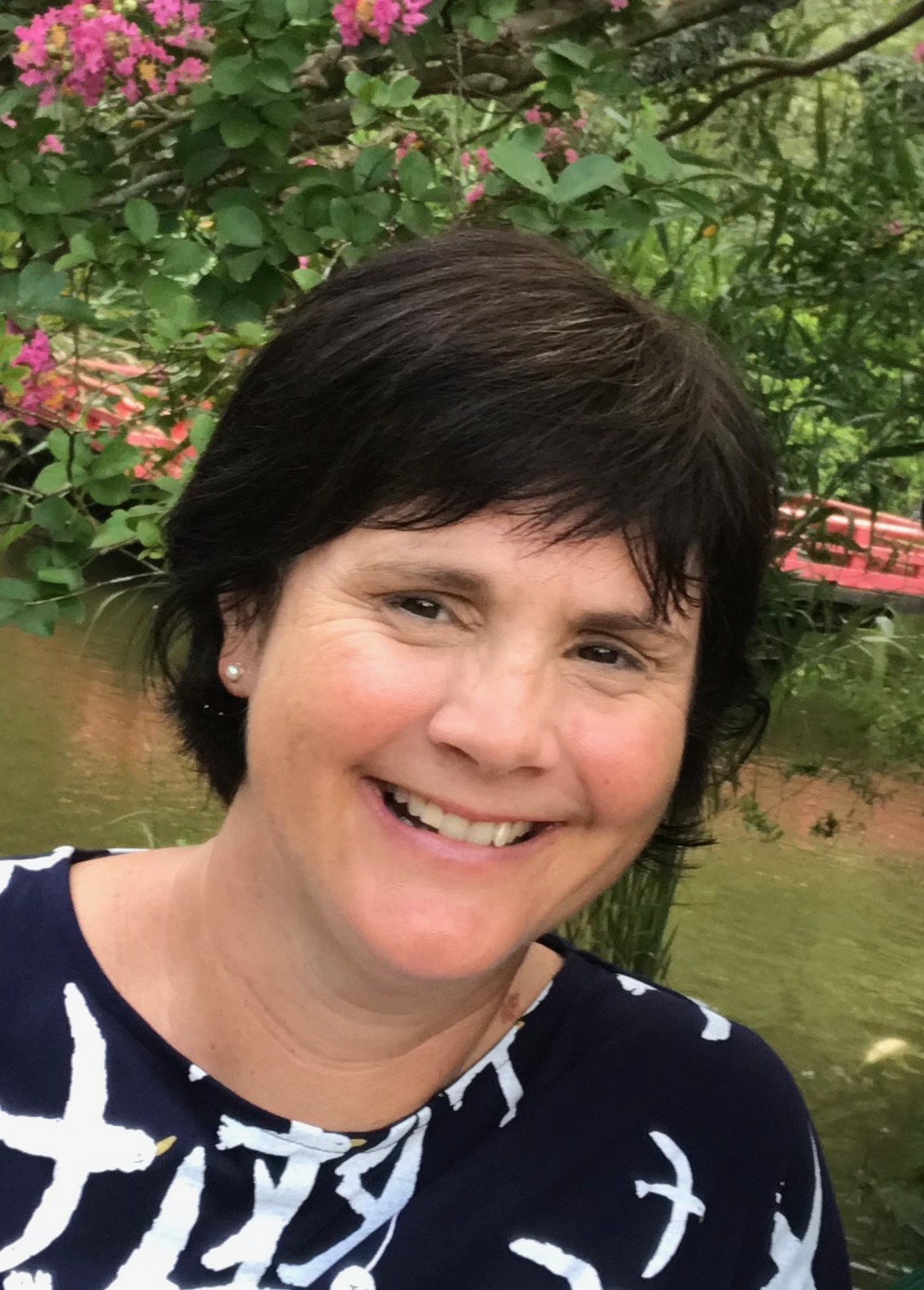
Dr Kym Simoncini
Associate Professor in Early Education, Faculty of Education
I am an Associate Professor in Early Education here at UC. I joined the University as an Assistant Professor in 2013, and before that I was a primary school teacher in Queensland and England.
Since I joined UC, I have worked with both the STEM Education Research Centre and the Centre for Sustainable Communities (CSC). I am most proud of the work I have done in Papua New Guinea (PNG).
When I started my work in PNG, I was working with women farmers who hadn’t been to school or had only completed up to Grade Three and felt they couldn’t help their children in their learning. I help families realise they are their children’s first and most important teachers, regardless of their own educations.
Since then, I have helped facilitate two community-designed and -built playgrounds, made using local materials; I have also developed many culturally relevant learning resources for students, teachers and families.
I don’t think I will feel finished with my work until all children in PNG go to school, and until the teachers there have more training and resources to help them teach.
Education is empowering and we know the positive impact education has for life outcomes, especially for females.
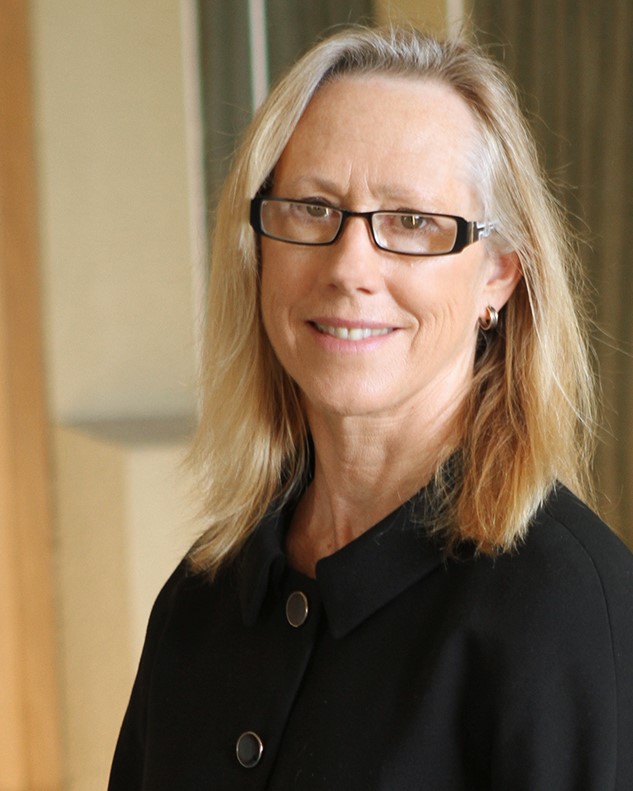
Professor Leanne Weber
Professor of Criminology, Canberra Law School,
Faculty of Business, Government and Law
I started at the University of Canberra in February this year, as the sole social scientist working in the Canberra Law School.
Most of my research has applied insights from critical criminology and human rights to the study of border control, starting when I was at Cambridge University with a project on the detention of asylum seekers in the United Kingdom.
I have studied how the border has been externalised to prevent refugees from arriving, and analysed internal border control against people considered to be unlawfully present.
I have also looked into some unorthodox methods of border control, such as depriving people of the means to stay alive by denying them welfare and access to jobs.
Essentially, I see borders as delineating who belongs and who doesn’t. Once you start thinking about borders, you begin to see them everywhere.
Across my career, there have been prizes and awards for research and writing - which are my first loves – but being named UniJobs Lecturer of the Year in 2010 has been my career highlight so far, because I was so delighted to be recognised by my colleagues and students.
My role at UC will be the first time I have worked in a law school, so I am excited to bring a new social science perspective, and also develop my own understanding of the legal aspects of social issues.
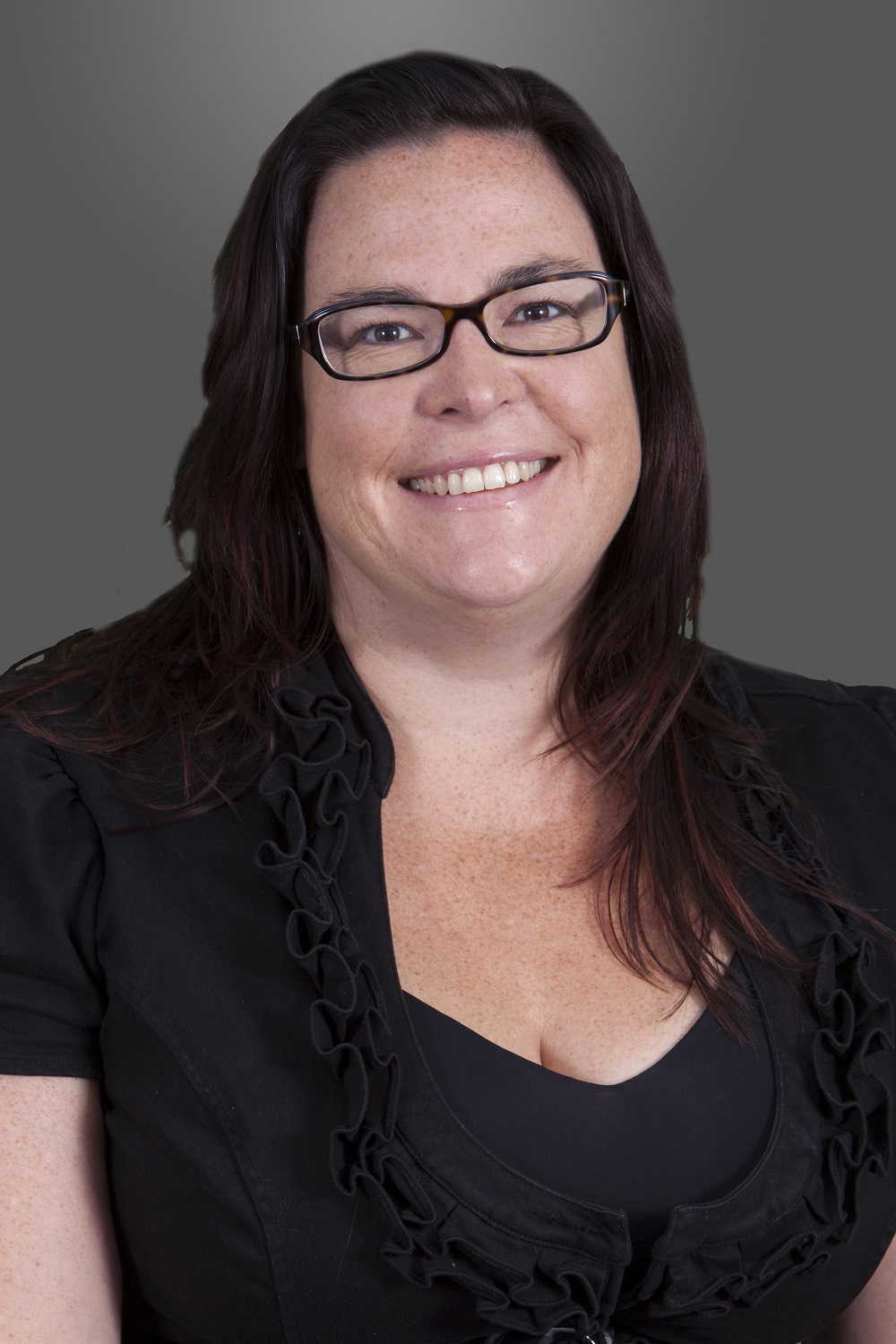
Dr Naomi Dale
Associate Professor and Program Director, B. Business/B. Event and Tourism Management
Faculty of Business, Government & Law
I studied my Bachelor of Tourism Management at UC, went on to do my honours here and then completed my PhD – so I have been with the University for a very long time.
I am currently sitting on the national board of the Australian Tourism Industry Council (ATIC) as the Canberra Region representative and I have just finished a role as president of the National Capital Attractions Association (NCAA).
Across my research, I specialise in educational tourism, understanding what motivates schools to travel to Canberra – and what’s possibly stopping them.
I think everyone assumes that price is the main factor as to why people may or may not travel, but for schools, it’s about safety and good links to curriculum.
It sounds dramatic but these excursion programs change lives. Children go to our national attractions to experience civics and citizenship in action, and then often decide they are going to do something like set up a voting system in their hometown for which movie they watch at the end of the school year, or to pick study topics, for instance.
It’s a huge impact for these little minds who have five crazy days in Canberra – they go home changed and transformed citizens.
Tourism research never really stops – I have always been pleased to create a better understanding of why schools travel, but that is constantly changing.
For the next few years, I will be focused on research with the tourism industry to get it up and running again, or just help keep it afloat while we wait for international travel to restart.
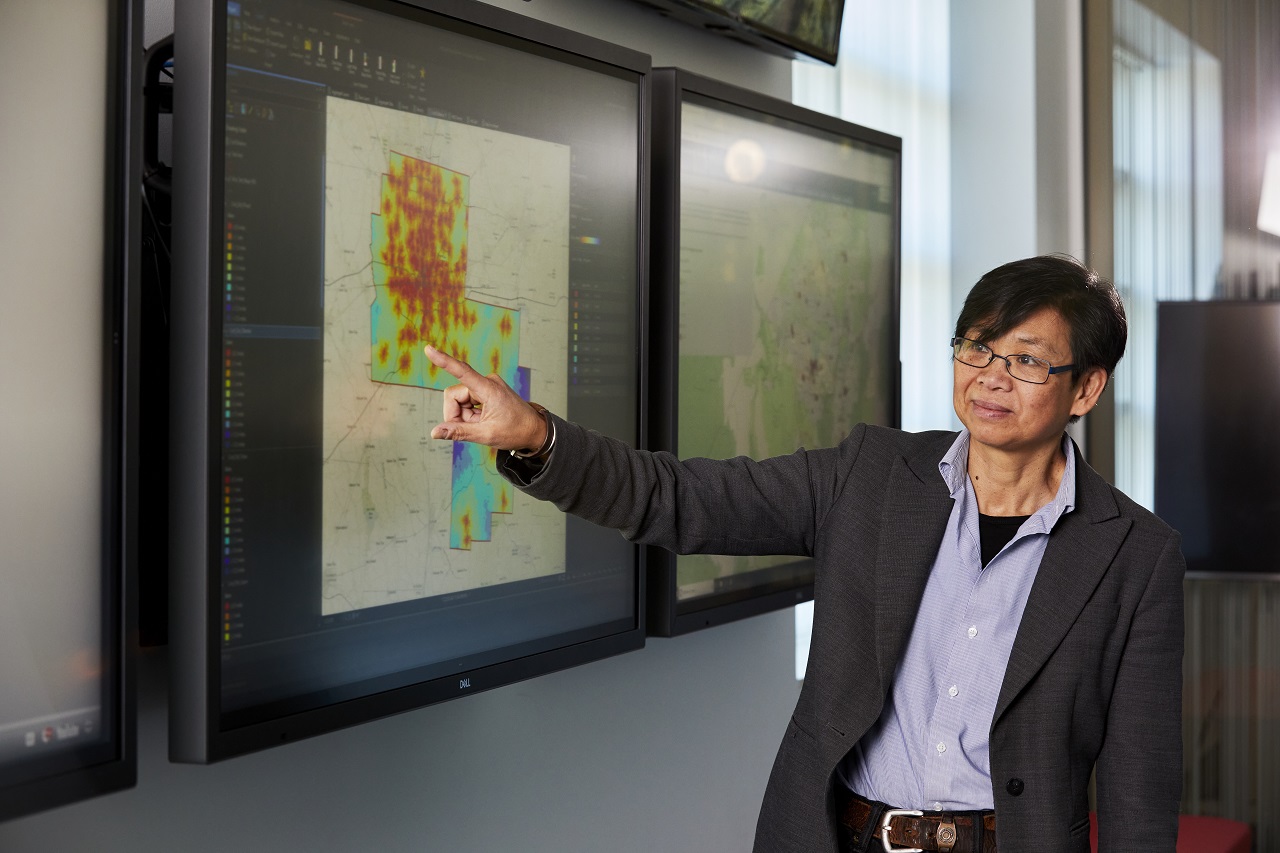
Professor Rachel Davey
Director of the UC Health Research Institute, Faculty of Health
I am the Director of the UC Health Research Institute, where I develop physical activity programs and interventions in both clinical and community settings to help people become healthier and more active.
My interest in my field comes from the knowledge and research so into the many health benefits of regular physical activity for the prevention of chronic diseases such as cardiovascular diseases, cancer and diabetes – but increasing participation in physical activity is a difficult public health challenge.
I’ve always been inspired to work towards the things I believe in. I think my mother was a very good role model for me, and such an inspiration. She was a political activist, especially for justice and social equity.
I want to continue to encourage young girls to chase their passions and to never give up on something they really believe in.
My daughter owns two horses and even though I don’t ride, they are simply wonderful to be with. They are quite remarkable animals! I hope that by allowing her to pursue her dreams, she’ll grow up to be passionate for the things that she loves.
Compiled by Danielle Meddemmen, Elly Mackay and Suzanne Lazaroo. Photos: supplied and Lightbulb Studio.
